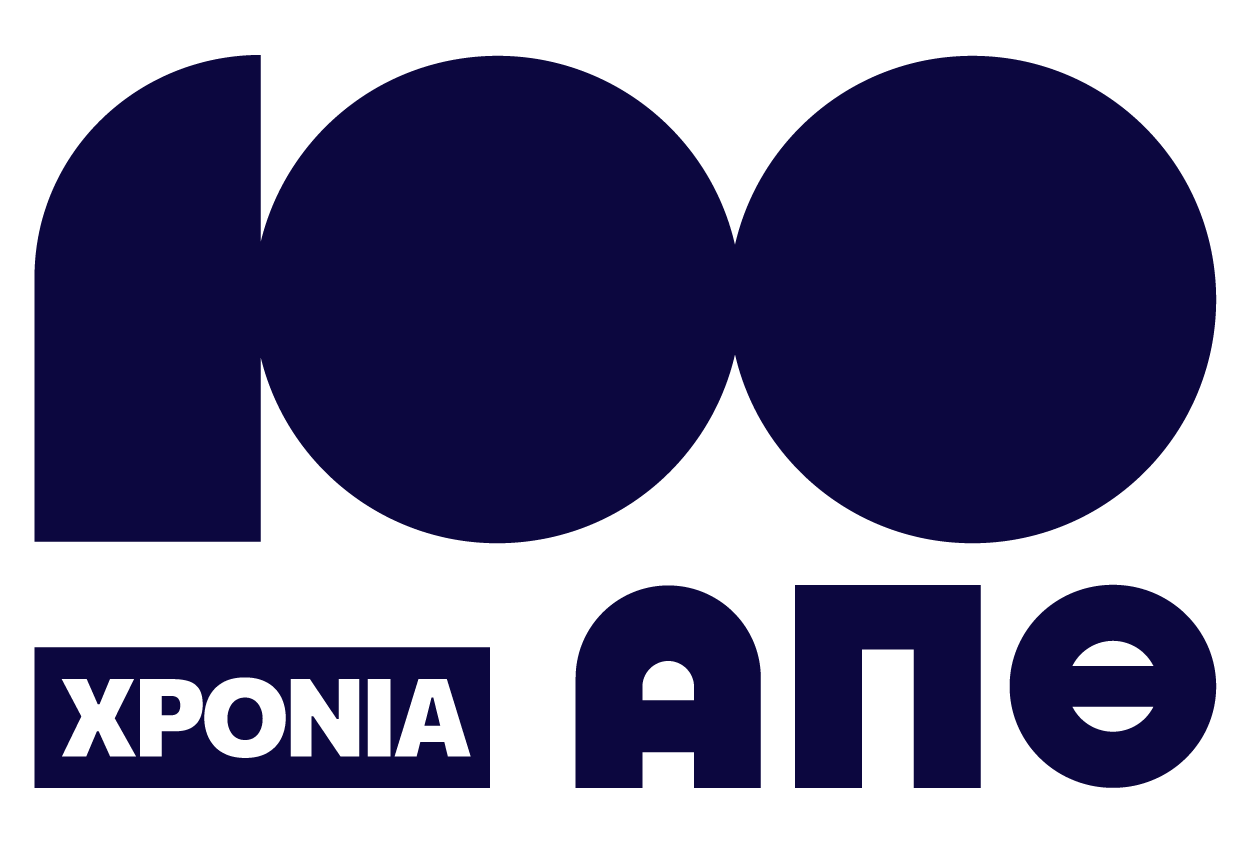
On Wednesday, 5 April 2017, Vicky Angelaki (Associate Professor, University of Reading, UK) will give a talk entitled:
“Crisis on the Stage: Theatre, Politics and Society in 21st-Century Britain”
The talk will take place in Room 308 (upstairs) at 19:15.
Below you can find the speaker’s bio and paper abstract.
====================
Abstract
The issue of neoliberalism as context and theme has long persisted in contemporary British theatre. Widely viewed as corrosive, the effects of neoliberalism have provided many of the UK's most important writers of the recent period with a rich palette that has often also produced exciting new forms. My current monograph specifically looks at how neoliberalism has been a key factor towards the extensive crisis that British society has experienced not only in the aftermath of Thatcherism, but also, most recently, in the events that culminated in the recession of the late 2000s. I examine the after-effects of these events which continue to be strongly felt even in a climate of so-called economic recovery. These after-effects have taken the shape of not only financial devastation but also, and more significantly, of widespread and radical uncertainty that has undermined notions of personal and collective identity and has, in many cases, been responsible for feelings of increased vulnerability that have widened the risk of mental health crises.
In this paper, taking into account the current Brexit context, I will discuss key examples of the above concerns as we have encountered them in the work of, among others, Mike Bartlett, Martin Crimp, Duncan Macmillan, Nick Payne, Lucy Prebble, Simon Stephens, and debbie tucker green. Drawing references from a range of diverse plays illuminated through analysis within the theoretical frameworks of Zygmunt Bauman, Frank Furedi and Richard Sennett I will argue as to the formal strides that social and political theatre in Britain has made in the early 21st century, propelled by the ideological imperatives of our time. I will also examine how these developments have led to reconceptualising the mainstream in drama, as numerous playwrights are now collectively moving away from the erstwhile staple of British drama – realism – and towards bold new forms of representation.
Bio
Vicky Angelaki is Associate Professor of Theatre at the University of Reading, UK. Her latest monograph, Social and Political Theatre in 21st-Century Britain: Staging Crisis (Methuen Drama Engage) was published in 2017. Her research specialisms include modern and contemporary British and European theatre (mainly Austrian and German), the crossovers between theatre and science (especially the environment and climate change), translation, adaptation, spectatorship and citizenship, as well as performance, critical/cultural theories, philosophy (with a focus on phenomenology), and sociology. She has published extensively in these areas, major publications including The Plays of Martin Crimp: Making Theatre Strange (Palgrave Macmillan, 2012), Contemporary British Theatre: Breaking New Ground (Palgrave Macmillan, 2013; 2016) and the special issue of Contemporary Theatre Review titled ‘Dealing with Martin Crimp’ (24.3), co-edited with Dan Rebellato. Angelaki also co-edits the new series Adaptation in Theatre and Performance (Palgrave Macmillan, launching 2017).